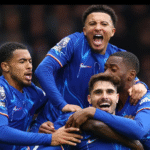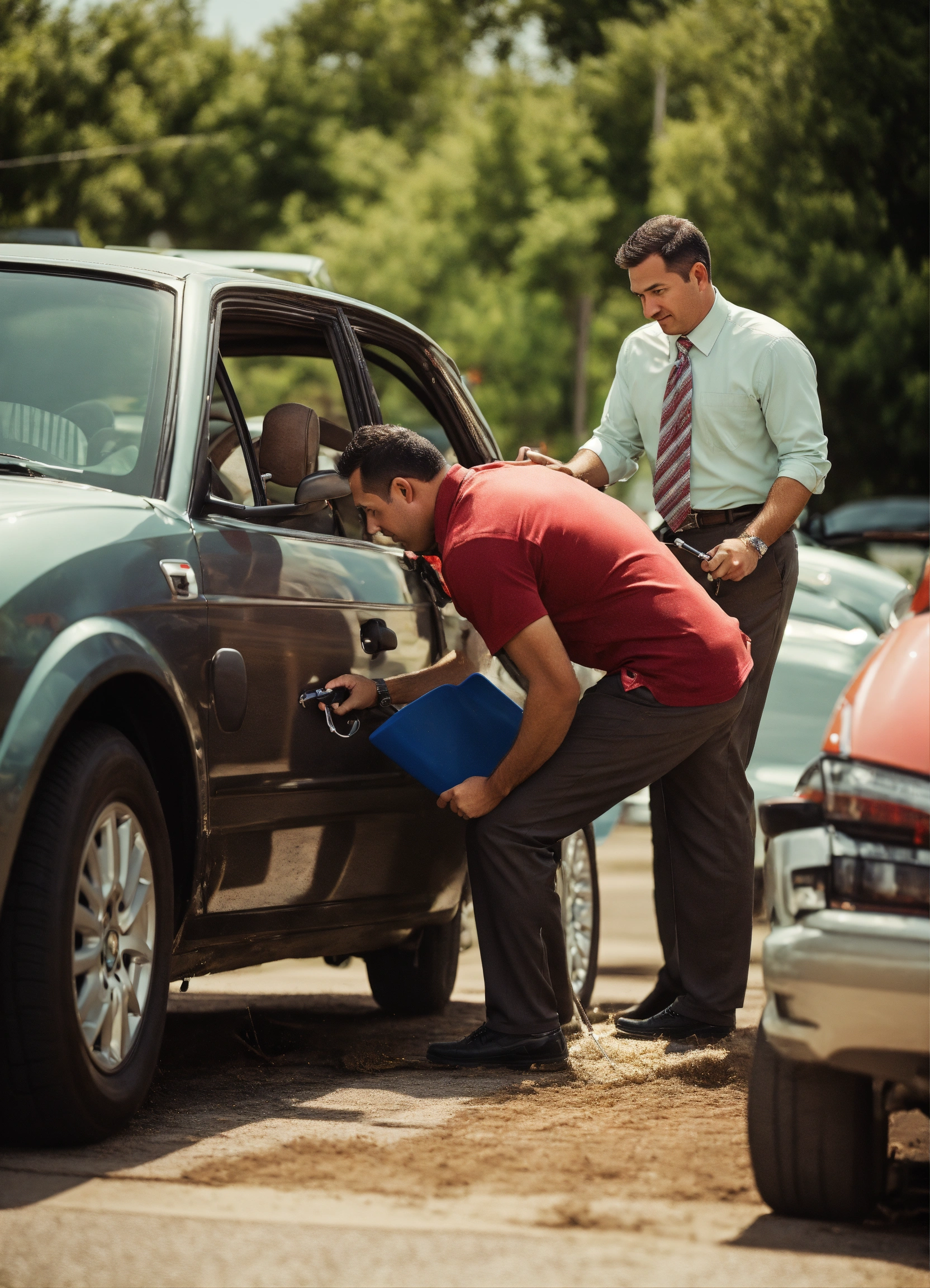Discover 10 essential preventive maintenance tips to increase the lifespan of your car, save on repairs and ensure safety on the roads.
Preventative maintenance for your car is more than just an everyday task; it’s a fundamental strategy to ensure your vehicle remains reliable, safe and efficient over time.
So, let’s explore ten essential tips that will not only extend the life of your car, but also help you save money on repairs in the future.
Small preventive actions can bring big benefits to you and your car.
1. Check the oil regularly
Oil is essential for the proper functioning of the engine, acting as a lubricant that reduces friction and wear on internal parts. It is important to check the oil level and quality regularly and change it as recommended by your car manufacturer.
2. Tire care
Well-maintained tires not only ensure better grip on the road, but also influence fuel economy. Tire pressure and condition need to be checked, in addition to rotating them to ensure even wear.
3. Brakes up to date
The braking system is vital to safety. Check the brake fluid level and the condition of the brake pads and discs regularly. Noises when braking or an abnormally responsive brake pedal may indicate problems.
4. Cooling system
The cooling system helps keep the engine at an optimal operating temperature. Check the coolant level and inspect the system for possible leaks to prevent the engine from overheating.
5. Battery
The car battery is another crucial component, especially for starting. Pay close attention to the battery terminals to ensure they are clean and tight, and keep the battery charged, especially if the car is not used regularly.
6. Filters
Air, fuel and cabin filters are important for the efficient operation of your car. A dirty air filter can reduce fuel efficiency and engine performance, while a clogged cabin filter can affect the air quality inside your car. Preventative car maintenance includes checking and replacing these filters to ensure your vehicle is running optimally and to prevent future problems.
7. Electrical system
The electrical system, including headlights, taillights and indicators, should be checked regularly. Burnt-out bulbs are a safety issue and are usually required during vehicle inspections.
8. Windshield wipers
Good windshield wiper blades are essential for visibility in rain or snow. Replace your wiper blades once a year or whenever you notice cracks or they don’t wipe effectively.
9. Check the Exhaust System
A damaged exhaust system can cause performance and emissions problems. Check your exhaust regularly for holes or rust spots, especially if you live in areas with high humidity or salinity.
10. Regular Maintenance
In addition to these checks, it is essential to follow the preventive maintenance schedule specified by your vehicle’s manufacturer. This includes replacing parts that naturally wear out over time and use, such as belts and gaskets.
Preventative car maintenance not only extends the life of your vehicle, it also ensures that it remains safe and efficient on the road. With regular maintenance, you can prevent unexpected breakdowns that can result in costly repairs and, in extreme cases, serious accidents.
Following these preventative maintenance tips will help keep your car in tip-top shape and ensure you’re always safe on the road. Remember, taking good care of your vehicle isn’t just about maintenance; it’s about safety and long-term savings.









